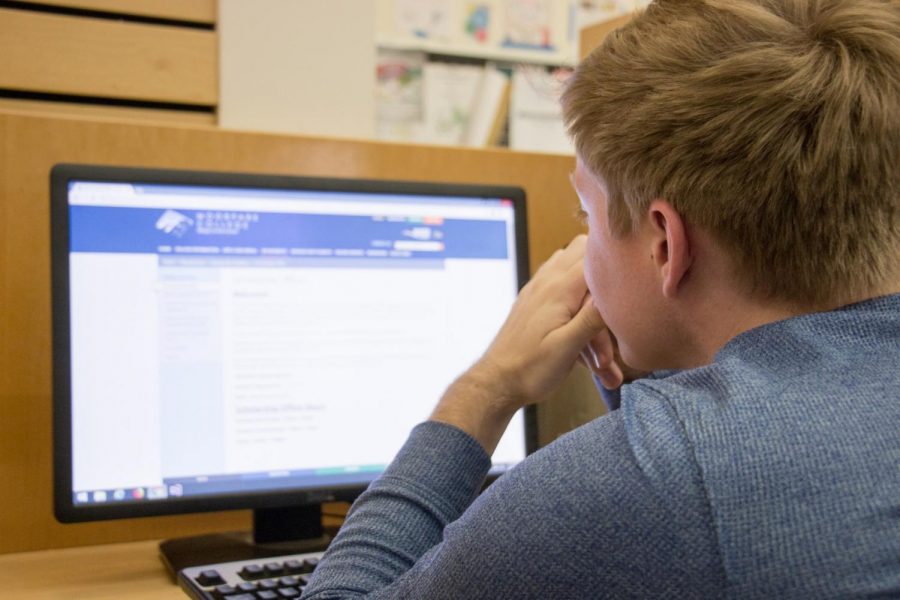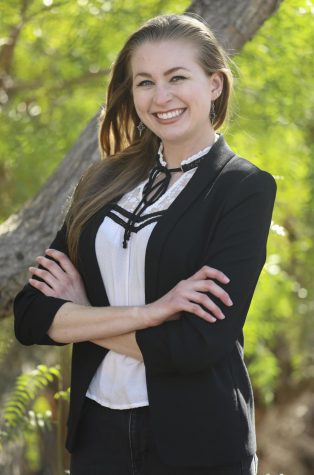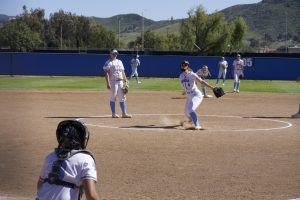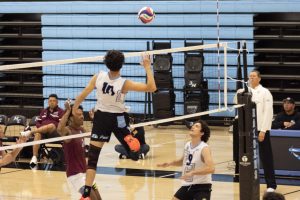Moorpark College Career Technical Education classes are adapting to virtual classes due to COVID-19
Moorpark College Career Technical Education classes have to adapt with the pandemic as classes go online. Moorpark Reporter file photo by Martin Bilbao
September 14, 2020
While many classes are faced with the challenge of being hybrid or completely online due to COVID-19, there are certain departments that have had to become especially creative when teaching under these circumstances.
Career Technical Education (CTE) classes are normally taught in person for the hands-on experience. Although students are unable to physically participate on campus, CTE professors have found ways to handle these courses.
Music Technology Department Chair Nathan Bowen explained the process of figuring out how his classes would be taught.
“I honestly did a lot of thinking about delivery online, and the nature of the Zoom classroom. What I learned for myself during Spring was that lecturing the whole time is less effective,” Bowen explained.

When teaching through Zoom, Bowen elaborated that less time is spent lecturing on a new concept, while more time is spent putting the concept into practice by using breakout rooms, then reconvening. Bowen also explained how his class is coping without their normally available lab equipment.
“We’ve needed to find cross-platform solutions and explore laptop loan options for students who don’t have computers. Ableton Live is fortunately available as a 90-day trial, so we’re crossing our fingers that it will be a digital audio workstation that works for most all of us and we can all work from the same software remotely,” Bowen said.
Photography Department Chair Steve Callis shared how Photography M10: Beginning Photography is running online as well. Darkroom work has been suspended and replaced with alternative assignments, which Callis said has gone relatively smoothly.
Students are fortunate enough to have Adobe Creative Cloud subscriptions paid for by the district.
“This is a big issue in terms of equity; allowing students who don’t have the financial resources to take and succeed in our photo courses,” Callis expressed.
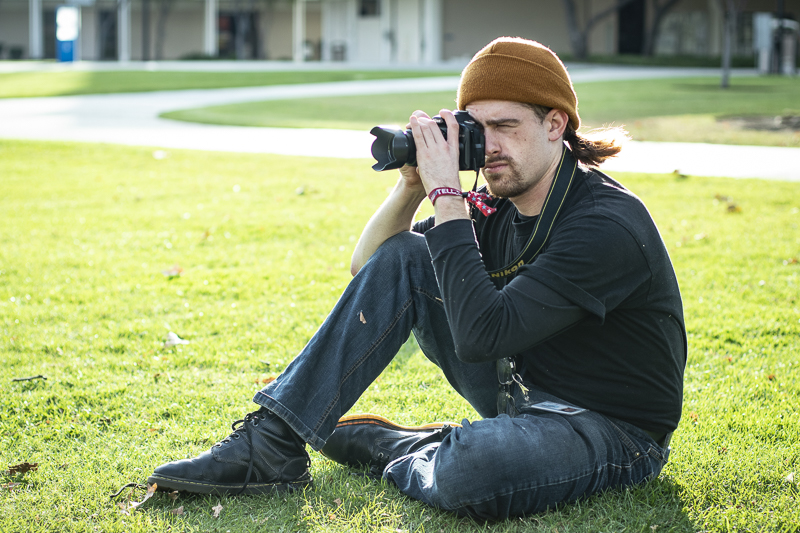
Karin Johansson, lab tech and part-time instructor, “has been instrumental in helping the faculty transition to online teaching by offering technical help and researching teaching content for those courses,” Callis added.
Johansson is also in charge of the checkout of equipment; ensuring that it is done safely by having students make appointments to prevent crowding.
Even though equipment is available for checkout, not everyone can risk leaving home. Moorpark College student Robert Chiarelli is currently enrolled in Callis’ Studio Lighting course, and explained his current circumstances.
“I can’t really rent gear because someone in my household has a compromised immune system, so I’m using my own lights to try to get the most out of the assignments the best I can,” Chiarelli revealed.
Despite not being able to rent strobes or flashes from campus, Chiarelli luckily owns many lights and photography equipment.
“Everything has been alright with me. It’s been pretty easy for me cause I’ve had online classes before,” Chiarelli stated.
Technical Theatre Professors Haleh Risdana and Brian Koehler currently co-teach a Theatre Production Technology class and explained how they are delivering their hands-on courses from home.
Risdana expressed the importance of students seeing how they would normally create pieces, such as sewing costumes. Risdana currently portrays how to sew through Zoom, since many students already own sewing machines.
“They need to be able to really see what’s going on. So I’ve got Zoom cameras, I’ve got far away cameras, and I’ve got cameras on my sewing machine and document cameras, which I learned how to do this summer,” Risdana described.
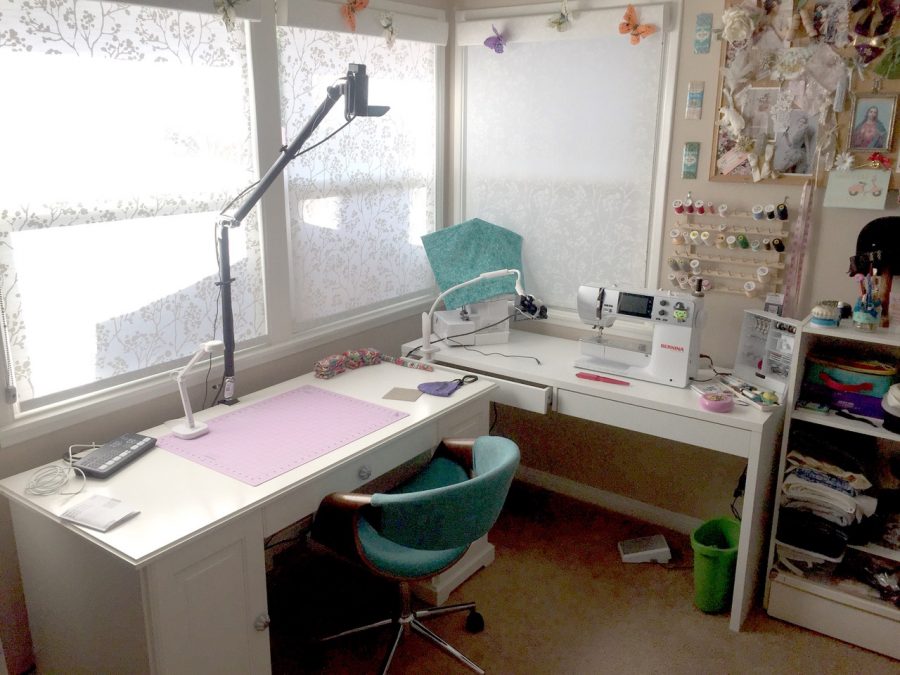
While Risdana is in charge of costuming, makeup and hair, Koehler manages lighting and building scenery, which normally requires large tools such as saws. Even though Koehler can describe how to use tools through Zoom, it is not the same experience.
“You can talk about something until you die, but once you can get your hands on it, that’s how you figure it out,” Koehler emphasized.
Learning how to teach these hands-on techniques effectively from home has been a challenge for both Koehler and Risdana. Yet they have managed to make it work by teaching their craft from a different point of view; teaching concepts of tools. For instance, why these tools are used.
“I’m actually becoming a much better teacher now. Much better, because I’m learning the process of learning with my students,” Risdana revealed.



